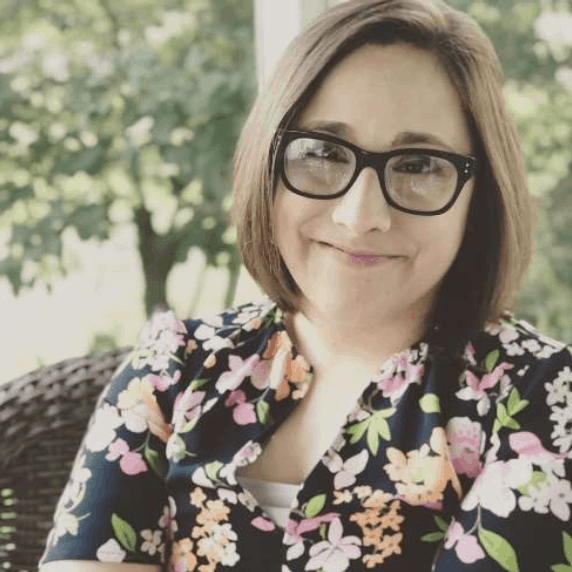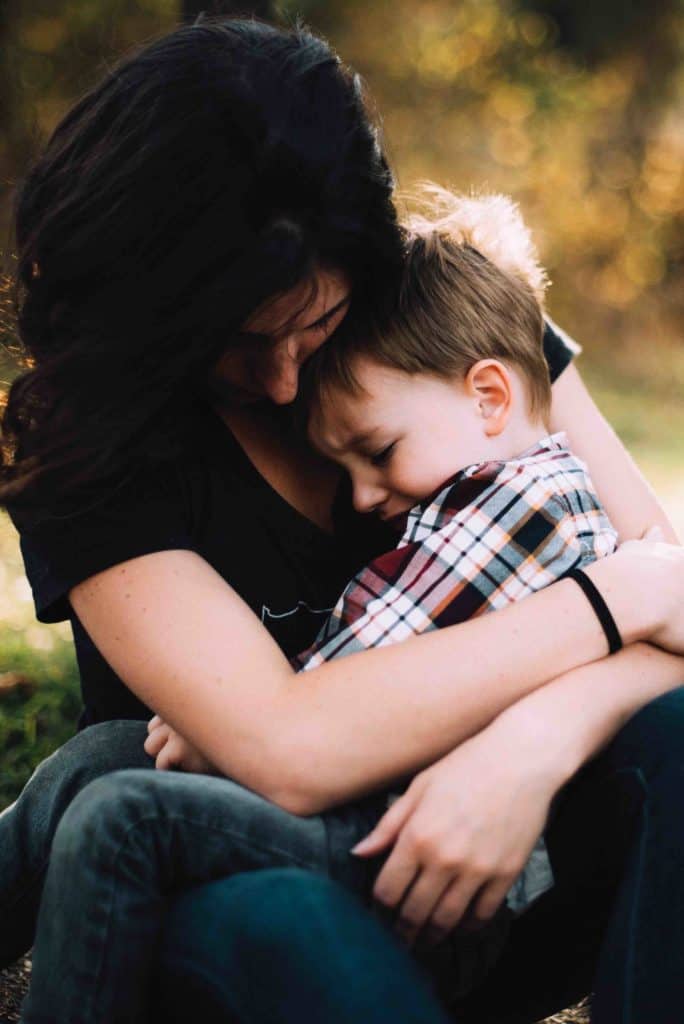One of the most valuable lessons in life I have learned came to me from the book Untamed by Glennon Doyle.
“When heartbreak rings, answer the door. When we let ourselves be moved, we discover what moves us. Heartbreak is not something to be avoided; it is something to pursue. The thing that breaks your heart is the very thing you were born to help heal. Every world changer’s work begins with a broken heart. Courage says, “I will not let the fact that I cannot do everything keep me from doing what I can.” We all want purpose and connection. Tell me what breaks your heart, and I’ll point you towards both”.
– Glennon Doyle
What breaks my heart? Stories from friends that I have carried with me and never forgotten. A teacher who lost her first baby to Sudden Infant Death Syndrome (SIDS). A friend who felt the most joy she had ever felt when she found out she was going to be a mom and then the most heartbreak she had ever felt when she had a miscarriage. A friend who was diagnosed with Polycystic Ovary Syndrome (PCOS) who grieved the fact that she would likely never become pregnant. A coworker who had severe anxiety after the birth of her son. A relative who was worried about the safety of her baby and herself when she developed postpartum psychosis. A friend who was unable to get out of bed for weeks due to postpartum depression.
All of these stories had something in common. None of these women felt like they got the help they needed during the most painful times of their lives. The most painful part of these stories for me was hearing that these women had to fight their way through their heartache on their own. In our culture we don’t often allow people to talk about their grief or pain. It is seen as something ugly that should be glossed over in conversation in case it might be contagious. That is not at all how I view these struggles. From the experiences that have been shared with me alone we can see how very often women face perinatal and postpartum loss and mental health struggles.
Statistics as well can show us the prevalence of these concerns. It is estimated that 1 in 4 pregnancies end in loss. 1 in 5 women who have given birth develop postpartum depression. About 10% of women develop post-traumatic stress (PTSD) after giving birth. If we were to continue with statistics for postpartum anxiety, infertility, infant loss, etc. we might soon find that we have reached 100%. Despite this commonness, I have heard from so many women how little support they received. Their families and friends were unsure how to talk about it, their doctor failed to realize they were struggling or provide follow-up care, and overall they just felt incredibly alone. My goal is to be a person that women can talk to and process things with who is one hundred percent in their corner and can walk with them as they navigate the next right thing.





